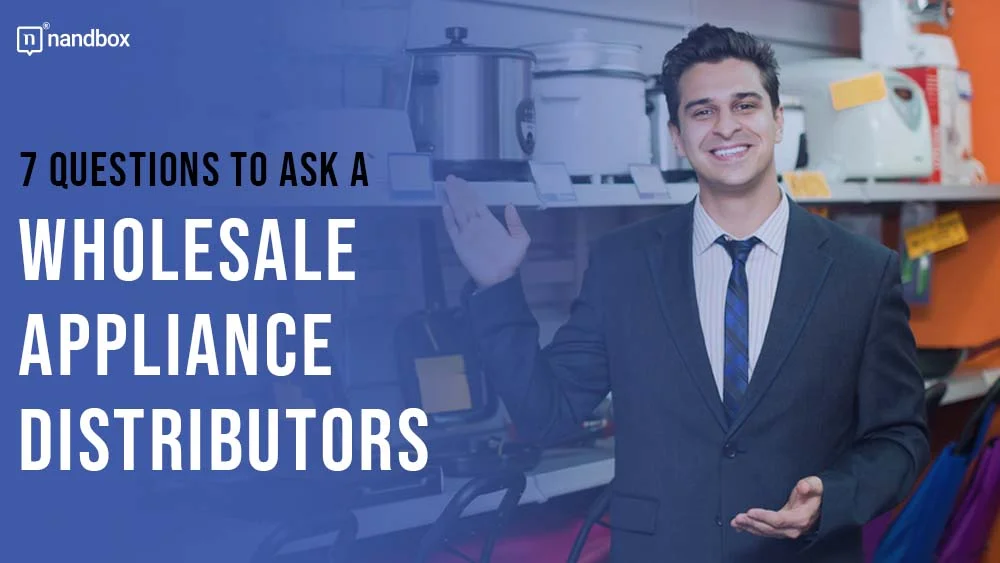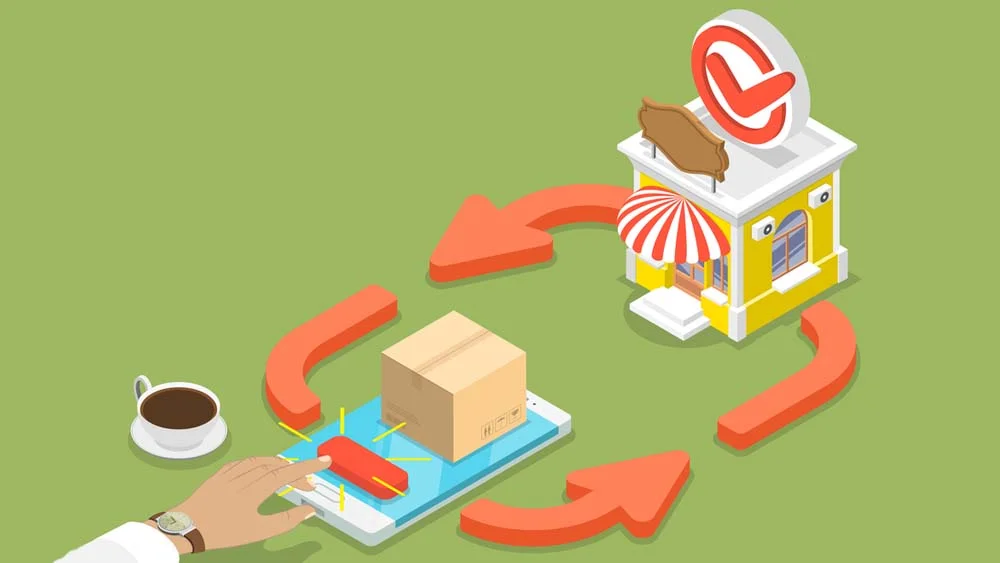Choosing the right wholesale appliance suppliers can make or break your business. Whether you’re a retailer, contractor, or property manager, partnering with a reliable supplier is crucial for your success and customer satisfaction in the ever-evolving home appliance industry. Read on to explore seven key questions you should ask wholesale appliance suppliers before sealing the deal. By the end, you’ll have a clear roadmap for finding a partner who’ll help your business thrive. Let’s dive in and unpack these essential questions that’ll set you up for success!
1. What is Your Product Range and Availability?
When you’re in the market for wholesale appliance suppliers, the first thing you want to know is what they’ve got to offer. It’s like walking into a buffet—you want to see a spread that’ll make your eyes pop! Start by asking about their product categories.
Do they carry everything from fridges and ovens to washers and dryers? What about those fancy HVAC systems or smaller gadgets like blenders and toasters? Don’t forget to inquire about brands and models. Are they stocking the latest and greatest, or are they stuck in the past? Also, ask about their inventory levels and lead times.
There’s nothing worse than promising a customer their dream fridge, only to find out it’ll take months to arrive. If you need something special, like a custom-built oven for a picky chef, see if they can source it for you. The more flexible they are, the better equipped you’ll be to meet your customers’ needs.
2. What Are Your Pricing Structures and Volume Discounts?
Now, let’s talk money—after all, that’s what business is all about! Understanding a distributor’s pricing can be like decoding a secret language, but it’s crucial for your bottom line.
Start by asking about their wholesale pricing models. How do they compare to the competition? Don’t be shy about digging into the details of bulk purchase discounts or tiered pricing structures. You might find that buying in larger quantities could save you a bundle in the long run.
Also, put on your negotiating hat and see how flexible they are with prices. Some suppliers might be willing to cut you a deal if you’re bringing in consistent business.
3. How Do You Handle Shipping and Logistics?
Alright, you’ve found great products at a good price, but how are they getting to you? Shipping and logistics can be a real headache if not handled properly. It’s like planning a road trip—you need to know the route, the pit stops, and what to do if you get a flat tire.
Ask about delivery options and timeframes. Can they get that shiny new fridge to your customer in time for their kitchen renovation? What about shipping costs? Some suppliers offer free shipping if you order over a certain amount; that could be a game-changer for your business.
Don’t forget to ask about their packaging methods. The last thing you want is a dented dishwasher showing up at your door. And speaking of mishaps, find out how they handle damaged goods during transit. Do they offer tracking and insurance? What if your customer lives in the boonies? Can they still deliver? Knowing all this upfront can save you from a world of trouble down the road.
4. What is Your Return and Warranty Policy?
Let’s face it: sometimes things go wrong. Maybe that fancy new washing machine decides to take a vacation on its first spin cycle. That’s when a solid return and warranty policy becomes your best friend. Start by asking about the manufacturer’s warranties. How long do they last, and what do they cover? Some suppliers even offer additional warranties, which could be a great selling point for your customers.
Get the lowdown on their return process. Is it as easy as returning a shirt to the mall, or more like trying to return a used car? Find out how long you have to make returns and if there are any restocking fees. And what happens if a product is DOA (dead on arrival)? A distributor who stands behind their products and makes returns hassle-free can be worth their weight in gold.
5. Can You Provide References and Testimonials?
Now, don’t be fooled by a smooth-talking salesperson. It’s time to do some detective work and check out the distributor’s reputation. Think of it like reading reviews before trying out a new restaurant—you want to know what you’re getting into.
Ask for references from current clients. A good distributor should have a list of happy customers ready to sing their praises. Take a peek at online reviews and ratings too. Are they members of any industry associations? How long have they been in the game?
If they’ve got case studies of successful partnerships, that’s a great sign. It shows they’re not just talking but can actually deliver results. And hey, if they’ve won any awards or recognition, that’s like a cherry on top. Remember, a distributor with a solid reputation is more likely to be a reliable partner for your business.
6. What Support and Training Do You Offer?
A good distributor isn’t just a supplier; they’re a partner in your success. That’s why it’s crucial to ask about the support and training they offer. It’s like having a mentor in your corner, ready to help you tackle any challenge.
Start by asking about their technical support. Can you call them up when you’re scratching your head over a product feature? What about sales training for new product lines? This can be a game-changer when you’re trying to sell the latest smart fridge to a tech-shy customer.
Don’t forget to inquire about marketing materials. Do they provide brochures or digital content to help you promote their products? An online portal for easy ordering can save you tons of time.
7. How Do You Stay Updated with Industry Trends and New Technologies?
Ultimately, staying ahead of the curve is key. You want a distributor who’s riding the wave of innovation, not getting left behind in the dust. Ask how often they update their product lines.
Do they have good relationships with manufacturers that give them early access to new models? It’s also worth finding out if they attend industry trade shows and events. These are like crystal balls for upcoming trends in the appliance world.
Don’t forget to ask about training programs for emerging technologies. Can they help you understand the ins and outs of that new Wi-Fi-enabled washing machine? With the growing demand for eco-friendly options, see what they offer in terms of energy-efficient appliances.
Closing Thoughts
Choosing the right wholesale appliance suppliers is a big decision, but armed with these seven questions, you’re well on your way to finding the perfect partner. Remember, it’s not just about products and prices; it’s about finding a distributor who’ll support your growth and success.







